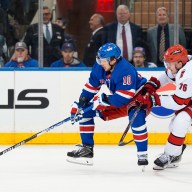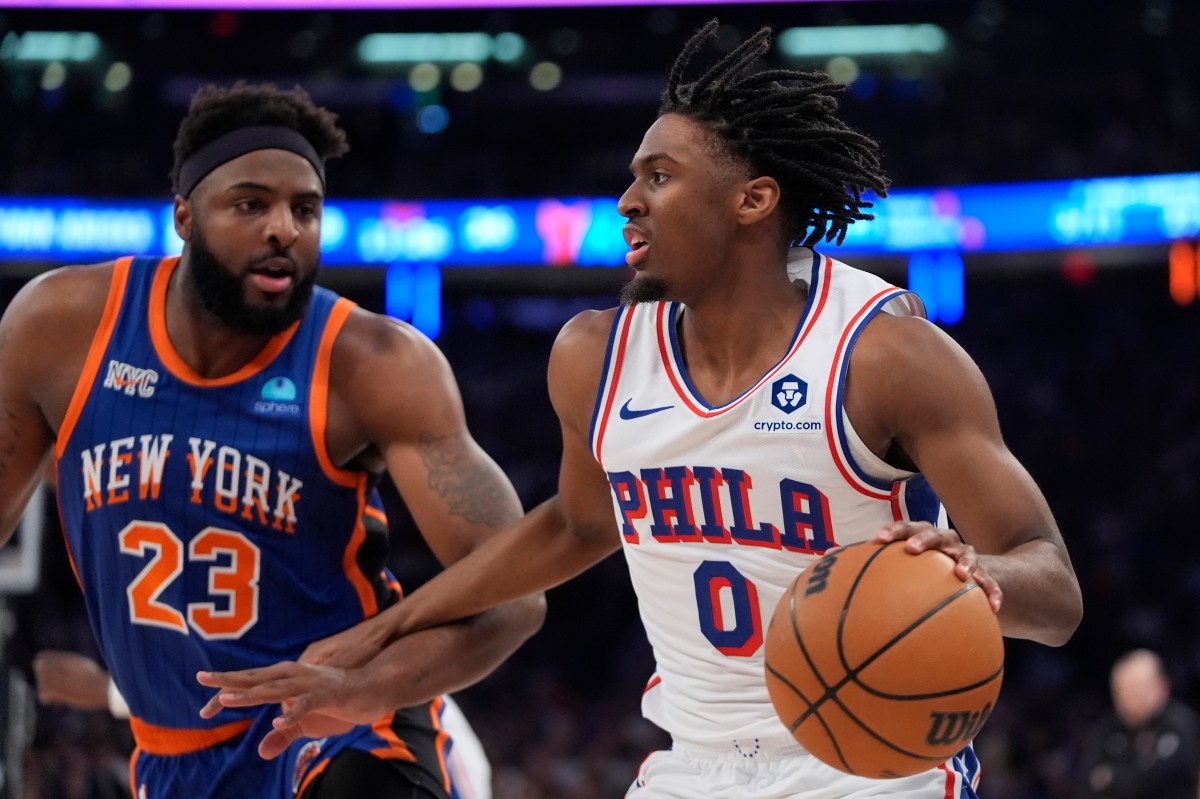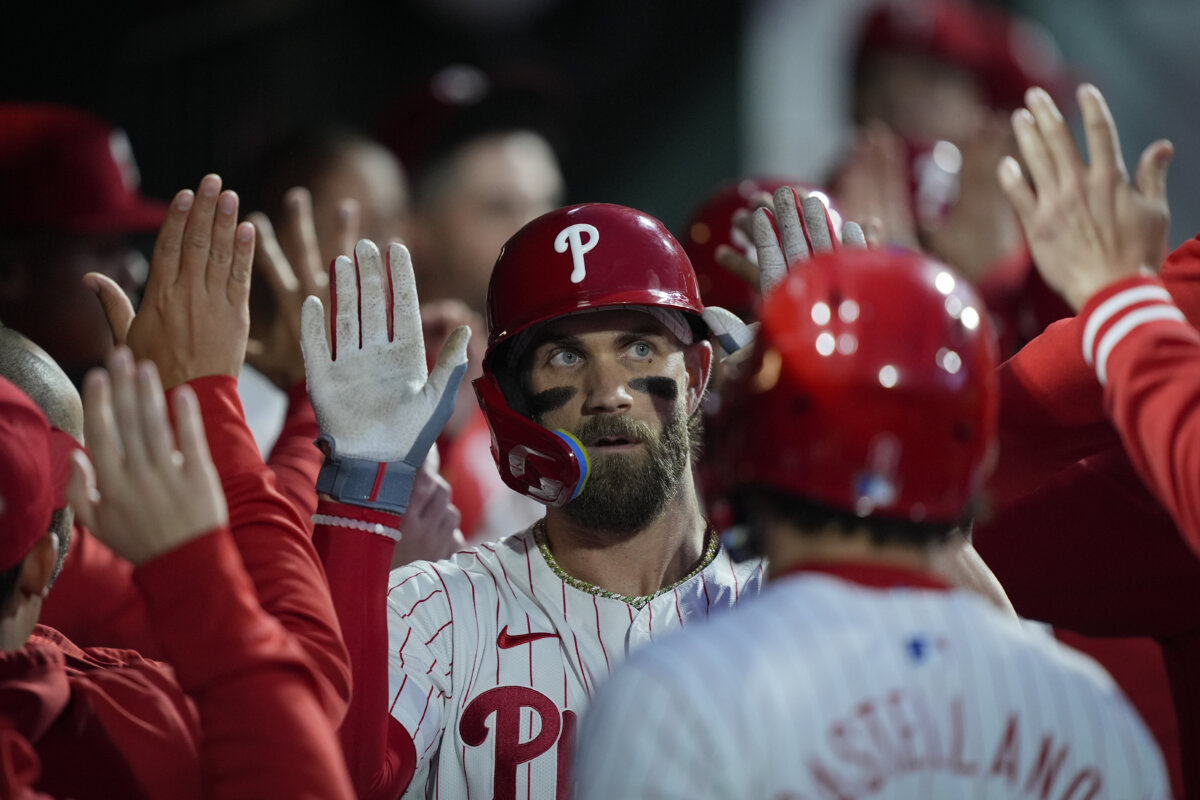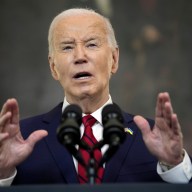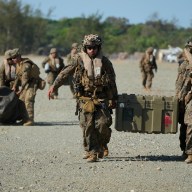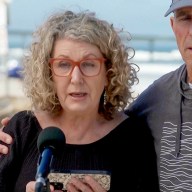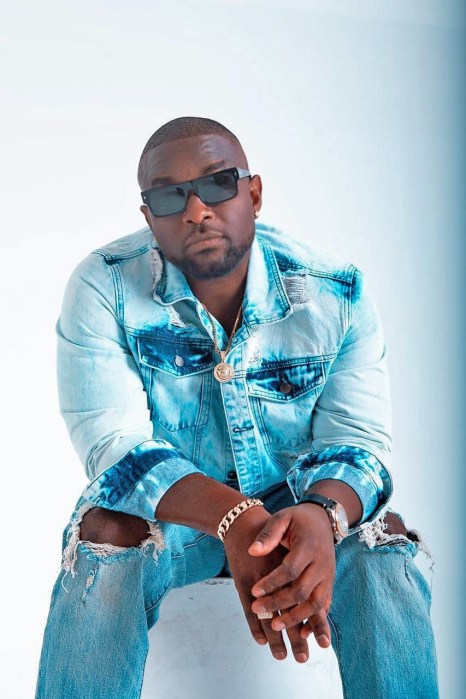Bottled water is one of the great inventions of our time. Very useful when travelling to a remote place, when jogging or hiking. We buy it everyday, without noticing – almost like a cup of coffee.
But do we need to use it when we have good, cheap tap water at home or at the office? Experts say we don’t.
A multimillion-euro market is generated by bottling and selling water, while the global rate of consumption rose by 5.6 per cent in 2008. Bottled water companies state they work hard to protect the environment, promoting recycling of PET or glass bottles, “which are fully recyclable materials.”
In the European Union, the post-consumer PET recycling rate is continuously increasing and now stands at 41 per cent (2008), says the European Federation of Bottled Waters (EFBW).
But this means most packages are not recycled.
The EFBW claims “It is encouraging that recycling rates are increasing but there is still much more that individuals can do. For each packaging type, be it glass or PET, the environmental impact is being reduced by redesigning the bottles so that they contain less material, by increasing recycling rates, and by using recycled material in new virgin bottles.”
Still, environment associations and experts are strongly against the use of bottled water, especially in countries where tap water is of good quality.
Pacific Institute (based in California) President Peter Gleick’s new book, Bottled and Sold, shows how water went from being a free natural resource to one of the most successful commercial products of the last 100 years.
“Every second of every day in the United States, a thousand people buy a plastic bottle of water, and every second of every day a thousand more throw one of those bottles away,” underlines Gleick.
Consumer associations suggest: If you need to carry water with you, use your own refilling container with tap water or keep a large bottled water (five or 10 litres) at home for those needs.

